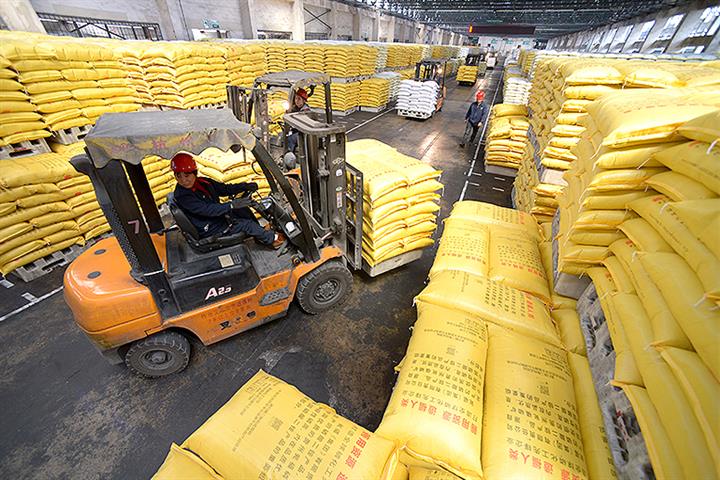November 9, 2025 | 00:34 GMT +7
November 9, 2025 | 00:34 GMT +7
Hotline: 0913.378.918
November 9, 2025 | 00:34 GMT +7
Hotline: 0913.378.918

China should step up subsidies to farmers to offset surging fertilizer prices, academic says.
While the U.S. has not imported any from China in years, they warn China’s trade policies could still be a factor in global prices. U.S. farmers have been looking at potential trade talks as a way to ease global fertilizer prices. Still, industry analysts say China has already pulled back from exporting, with or without tariffs.
“There were tariffs put into place on Chinese fertilizers during the first Trump administration, and we saw those import flows effectively go to zero. So, from that aspect, there’s not a direct correlation. We’ve not seen much of a change. The whole Trump administration’s strategy, whatever you want to call it, a direct Chinese situation hasn’t had much to play, But what we’ve been seeing is that Chinese exports have been slowing, and even though we don’t do anything directly with them, the indirect effect is still in place,” said StoneX VP Josh Linville.
Linville adds China’s own export strategy may be having a bigger impact, shifting global supply chains, and keeping more product at home.
“Since ’22, China, when you look at them, they would normally export about five to five and a half million tons of Urea per year. That started to fall off as we got into that early ’22 cycle when China started to step in. But it’s picked up the pace since 2024. Last year, their exports just barely made over a quarter million tons total. Not a single month. Total for the entire calendar year. Q-1 2025, those exports have fallen shy of 4,000 tons. We’re no longer measuring Chinese exports in vessels. We’re measuring them in containers.”
He says the results has been lower prices for Chinese buyers and higher costs elsewhere.
rfdtv

(VAN) Show cause orders will be issued to retailers who sell imported rice at prices exceeding the maximum suggested retail price (MSRP) of P43 per kilo, Philippines Agriculture Secretary said in a statement on Thursday.

(VAN) Coffee prices on October 20, 2025, remained stable domestically, trading at 113,500–114,500 VND/kg. Similarly, global coffee prices also moved sideways.

(VAN) By October, Vietnam’s coffee exports had surpassed USD 7 billion for the first time and will exceed USD 8 billion within this year.

(VAN) Illinois rancher says Texas, Oklahoma, Kansas lost grass and forage, forcing massive cattle liquidation.

(VAN) Coffee prices on October 12, 2025, remained flat, trading at VND 113,000–VND 114,000/kg. This week, coffee prices continued to decline sharply.

(VAN) Coffee prices on October 9, 2025, have rebounded. Domestic coffee prices have risen by VND 1,000, trading at VND 114,000–VND 115,000/kg.

(VAN) Coffee prices on October 8, 2025, continue to decline. Domestic coffee prices have dropped by VND 1,000, trading at VND 113,000 - 114,000/kg.